Nutrition for Athletic Performance: Fueling for Endurance and Strength
Hey there, my young and energetic friends of 2024! It’s your favorite nutrition coach, Nita Sharda, here to take you on an exciting journey into the world of sports nutrition. Now, I know what you might be thinking – “Sports nutrition? That sounds like something only professional athletes need to worry about!” But trust me, understanding how to fuel your body for athletic performance is important for everyone, whether you’re a star athlete or just love to play sports for fun.
Today, we’re going to put on our coaching hats and discover how the foods we eat can help us run faster, jump higher, and be stronger in our favorite sports and activities. But before we dive in, let me make one thing clear – this is not about putting anyone on a strict diet or making them feel bad about what they eat. It’s simply about empowering you with the knowledge and tools to make food choices that will help you feel your best and perform your best, now and in the future.
So, are you ready to learn the secrets of sports nutrition with me? Let’s go!
Why is Nutrition Important for Athletic Performance?
First things first, let’s talk about why nutrition is so important for athletic performance. When we exercise or play sports, our bodies are working hard to move, jump, run, and perform at their best. This requires a lot of energy, which we get from the foods we eat.
Think of your body like a car – it needs the right kind of fuel to run smoothly and efficiently. If you put the wrong kind of fuel in your car, or not enough fuel, it might sputter, stall, or even break down. The same is true for our bodies – if we don’t give them the right kind of nutrition, they might not be able to perform at their best.
But it’s not just about having enough energy – the foods we eat also play a role in building and repairing our muscles, supporting our immune system, and even helping us recover after a tough workout or game. That’s why it’s so important to pay attention to what we’re putting into our bodies, especially if we want to be the best athletes we can be.
The Basics of Sports Nutrition
So, what are the basics of sports nutrition? Here are a few key things to keep in mind:
1. Carbohydrates for Energy
Carbohydrates are our body’s main source of energy, especially during exercise. When we eat carbohydrates, our body breaks them down into glucose, which is then stored in our muscles and liver as glycogen. During exercise, our body uses this stored glycogen for energy.
Some great sources of carbohydrates for athletes include:
- Whole grains, like brown rice, whole wheat bread, and oatmeal
- Fruits, like bananas, oranges, and apples
- Starchy vegetables, like sweet potatoes and squash
- Legumes, like beans and lentils
It’s important to choose complex carbohydrates, like those found in whole grains and fruits, over simple carbohydrates, like those found in candy and soda. Complex carbohydrates provide longer-lasting energy and are also a good source of fiber and other important nutrients.
2. Protein for Muscle Building and Repair
Protein is another important nutrient for athletes, as it plays a key role in building and repairing muscle tissue. When we exercise, we create small tears in our muscle fibers. Protein helps repair these tears and build new muscle tissue, making us stronger over time.
Some great sources of protein for athletes include:
- Lean meats, like chicken, turkey, and fish
- Eggs
- Dairy products, like milk, yogurt, and cheese
- Plant-based proteins, like tofu, tempeh, and beans
It’s important to spread protein intake throughout the day, rather than consuming it all at once. Aim to include a source of protein at each meal and snack.
3. Healthy Fats for Energy and Nutrient Absorption
Fats are often overlooked in sports nutrition, but they play an important role in providing energy and helping our bodies absorb important nutrients.
Some great sources of healthy fats for athletes include:
- Avocados
- Nuts and seeds
- Olive oil and other plant-based oils
- Fatty fish, like salmon and tuna
It’s important to choose healthy fats, like those found in nuts and avocados, over unhealthy fats, like those found in fried foods and processed snacks.
4. Hydration for Performance and Recovery
Staying hydrated is crucial for athletic performance, as even mild dehydration can lead to fatigue, cramping, and decreased performance. When we exercise, we lose fluids through sweat, so it’s important to replace those fluids by drinking water and other hydrating beverages.
Some tips for staying hydrated during exercise include:
- Drinking water before, during, and after exercise
- Choosing sports drinks or other electrolyte-containing beverages for longer or more intense workouts
- Monitoring urine color – if it’s dark yellow or amber, you may be dehydrated
Putting It All Together: A Sample Meal Plan for Young Athletes
Now that we know the basics of sports nutrition, let’s put it all together into a sample meal plan for young athletes. Keep in mind that every athlete is different, and your specific needs may vary based on your age, gender, sport, and other factors. But this can give you a general idea of what a day of eating for athletic performance might look like:
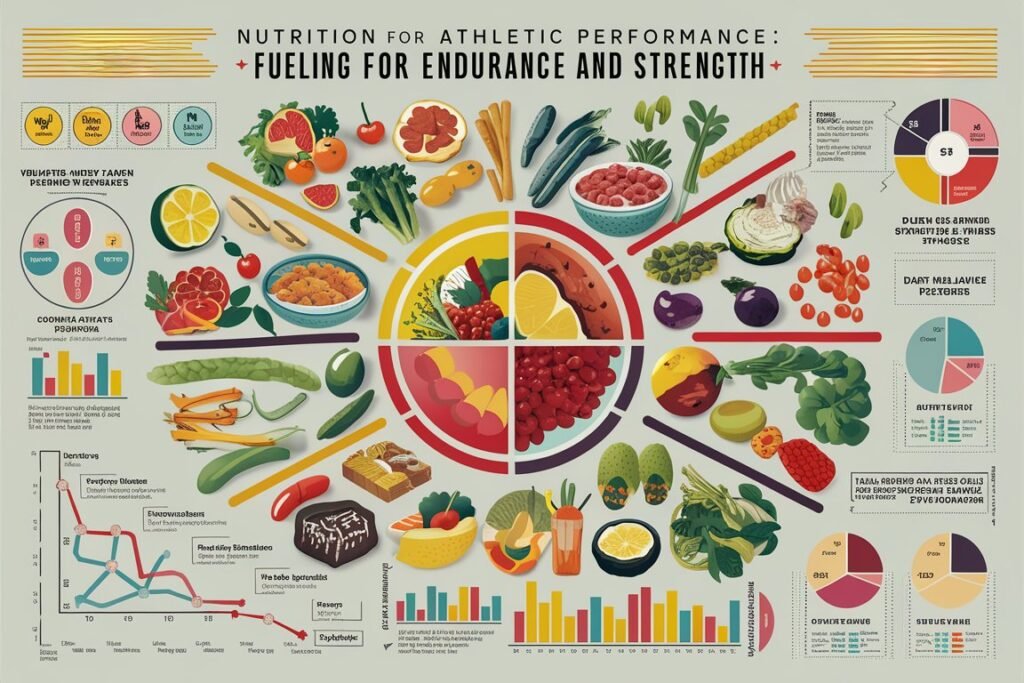
Breakfast:
- Whole grain toast with peanut butter and sliced banana
- Scrambled eggs with spinach and cheese
- Glass of low-fat milk
Morning Snack:
- Apple slices with almond butter
- Hard-boiled egg
Lunch:
- Turkey and cheese sandwich on whole wheat bread
- Carrot sticks and hummus
- Yogurt with berries
Afternoon Snack:
- Trail mix with nuts, seeds, and dried fruit
- Sliced bell peppers with guacamole
Dinner:
- Grilled chicken breast with sweet potato wedges and broccoli
- Brown rice with stir-fried vegetables and tofu
- Glass of water
Before Bed Snack:
- Cottage cheese with sliced peaches
- Whole grain crackers with cheese
Remember, this is just a sample meal plan – the specific foods you choose may vary based on your preferences and what’s available to you. The key is to focus on whole, minimally processed foods that provide a balance of carbohydrates, protein, and healthy fats, and to stay hydrated throughout the day.
Fueling Before, During, and After Exercise
In addition to overall daily nutrition, it’s also important to pay attention to how you fuel your body before, during, and after exercise. Here are some tips:
Before Exercise:
- Eat a balanced meal containing carbohydrates and protein 2-4 hours before exercise
- If eating a full meal isn’t possible, have a light snack containing easily digestible carbohydrates, like a banana or a handful of crackers, 30-60 minutes before exercise
- Drink water to ensure you’re well-hydrated
During Exercise:
- If exercising for less than an hour, water is usually sufficient for hydration
- If exercising for longer than an hour, or in hot or humid conditions, consider a sports drink containing carbohydrates and electrolytes
- Aim to drink 4-8 ounces of fluid every 15-20 minutes during exercise
After Exercise:
- Eat a snack or meal containing both carbohydrates and protein within 30-60 minutes after exercise to replenish energy stores and support muscle recovery
- Good post-exercise snack options include chocolate milk, a fruit and yogurt smoothie, or a turkey and cheese sandwich
- Continue to drink water to replace fluids lost through sweat
The Importance of Listening to Your Body
While it’s important to have a general understanding of sports nutrition, it’s also crucial to listen to your own body and pay attention to how different foods make you feel. Everyone is different, and what works for one athlete may not work for another.
Some signs that a certain food or eating pattern may not be working for you include:
- Digestive discomfort, like bloating, gas, or diarrhea
- Fatigue or low energy levels
- Difficulty concentrating or focusing
- Slow recovery after exercise
If you notice any of these signs, it may be worth experimenting with different foods or eating patterns to see what makes you feel your best. And if you have any specific concerns or questions about your individual nutrition needs, don’t hesitate to talk to a registered dietitian or other healthcare professional.
Nutrition for Different Types of Athletes
While the basic principles of sports nutrition apply to all athletes, there are some specific considerations for different types of sports and activities.




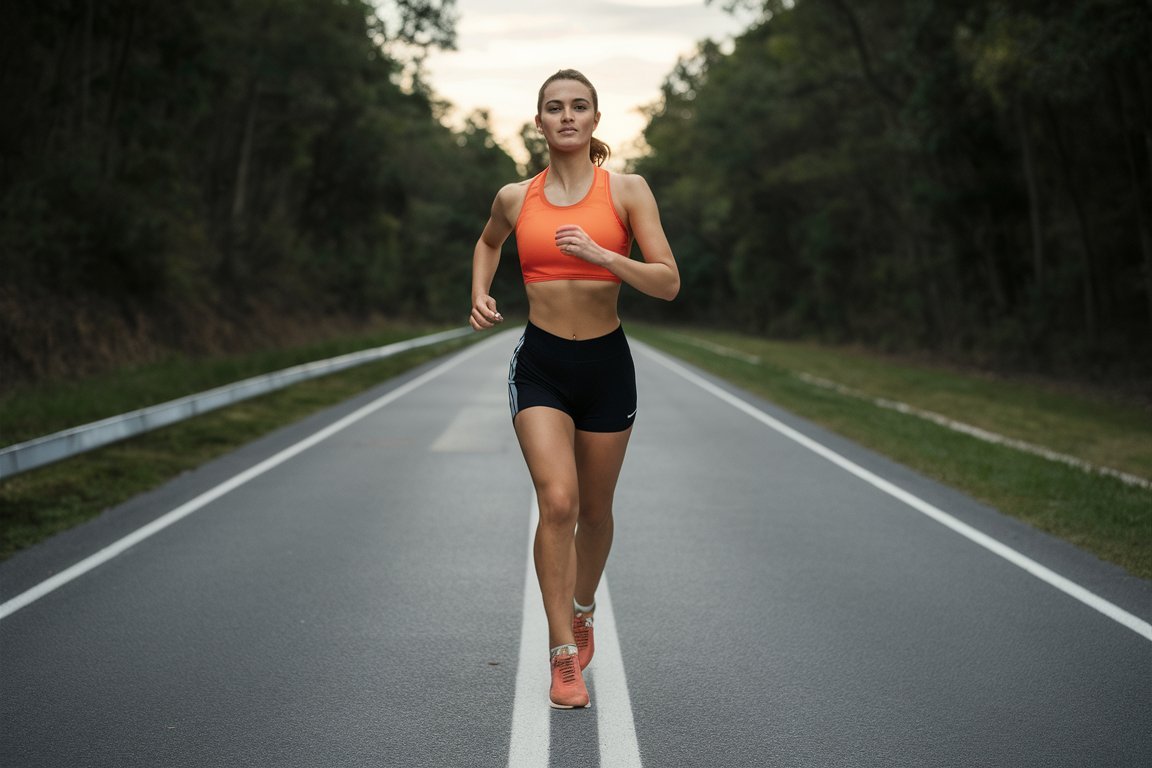
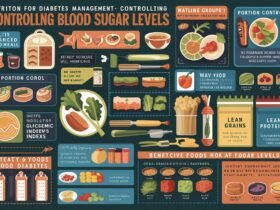





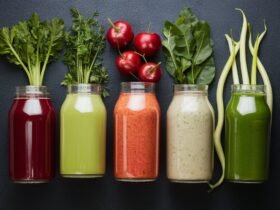
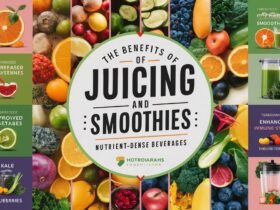
Leave a Reply